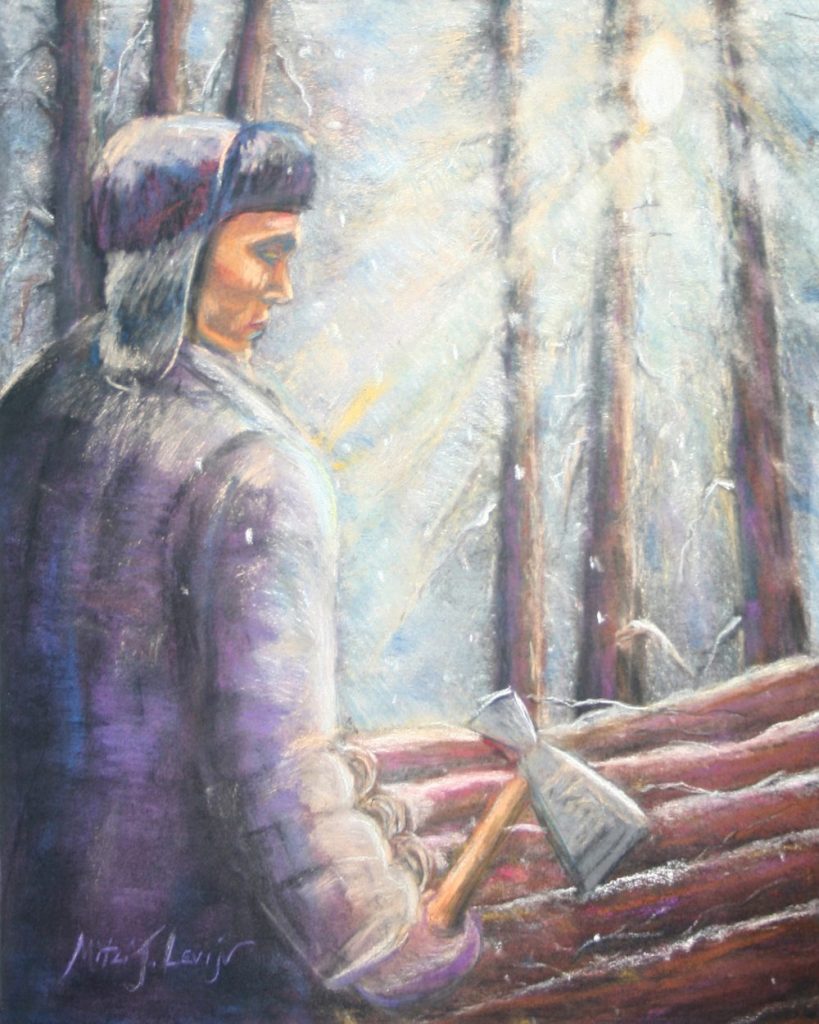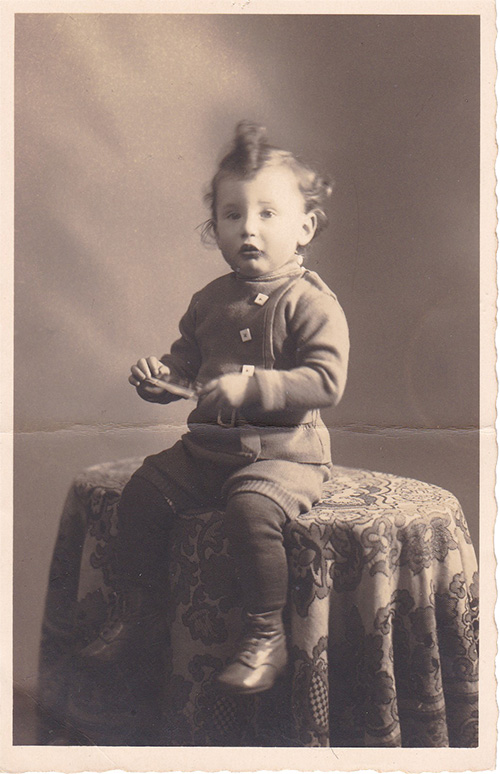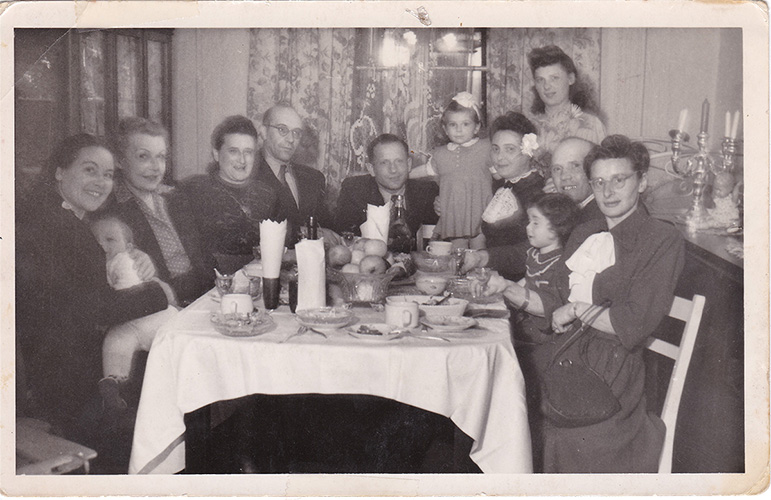
Siberia
By: Mitzi J. LevinFor many people, Siberia is synonymous with cold, deportation, prison camps, and vast isolated lands. It is known among Holocaust survivors as the Siberic Gehenna or “inhuman land,” where Jews from Poland and other Central and Eastern European countries died from hunger, cold, sickness, and excessive labor.
“It wasn’t a resort, I can tell you that much,” Leon Skurko recalls. “Life was hard. We wore jackets and pants stuffed with cotton. Our shoes were a piece of rubber tire that had been cut and held up by a rope tied around the top. They were so heavy you could hardly pick up your feet.”
In 1939, fearing the Nazis, nineteen-year-old Leon, along with many others, left Poland for Russia. When he refused to become a Russian citizen or return to Poland, he was put in prison. He was eventually sent by cattle car to Siberia, where he was forced to work clearing land for an airstrip.
“The work camps in Siberia had large wooden fences with strands of barbed-wire at the top. There was no need for any other barriers to keep prisoners in; miles of harsh terrain was threat enough,” Leon says. “To escape meant no chance of surviving. In Siberia, the cold was your enemy.”
Leon spent more than two years in the work camp. “My job was chopping down trees and digging up stumps. It usually took me and three other fellows to bring down a tree. At first, we didn’t know how to do this, but we learned quickly as Russian guards pointed guns at our backs.
“If you kept quiet and didn’t get in trouble, you might get a piece of bread. In the morning we were given soup which was made from bones of frozen fish boiled in water. At times we ate boiled grass. We ate whatever we could find for food.”
Leon survived and was later recruited into the Polish Army, where he was given a chance to fight the Germans. Just before the war ended, he suffered a bullet in his right knee and underwent six surgeries in eighteen months. In July 1951, he came to America.


